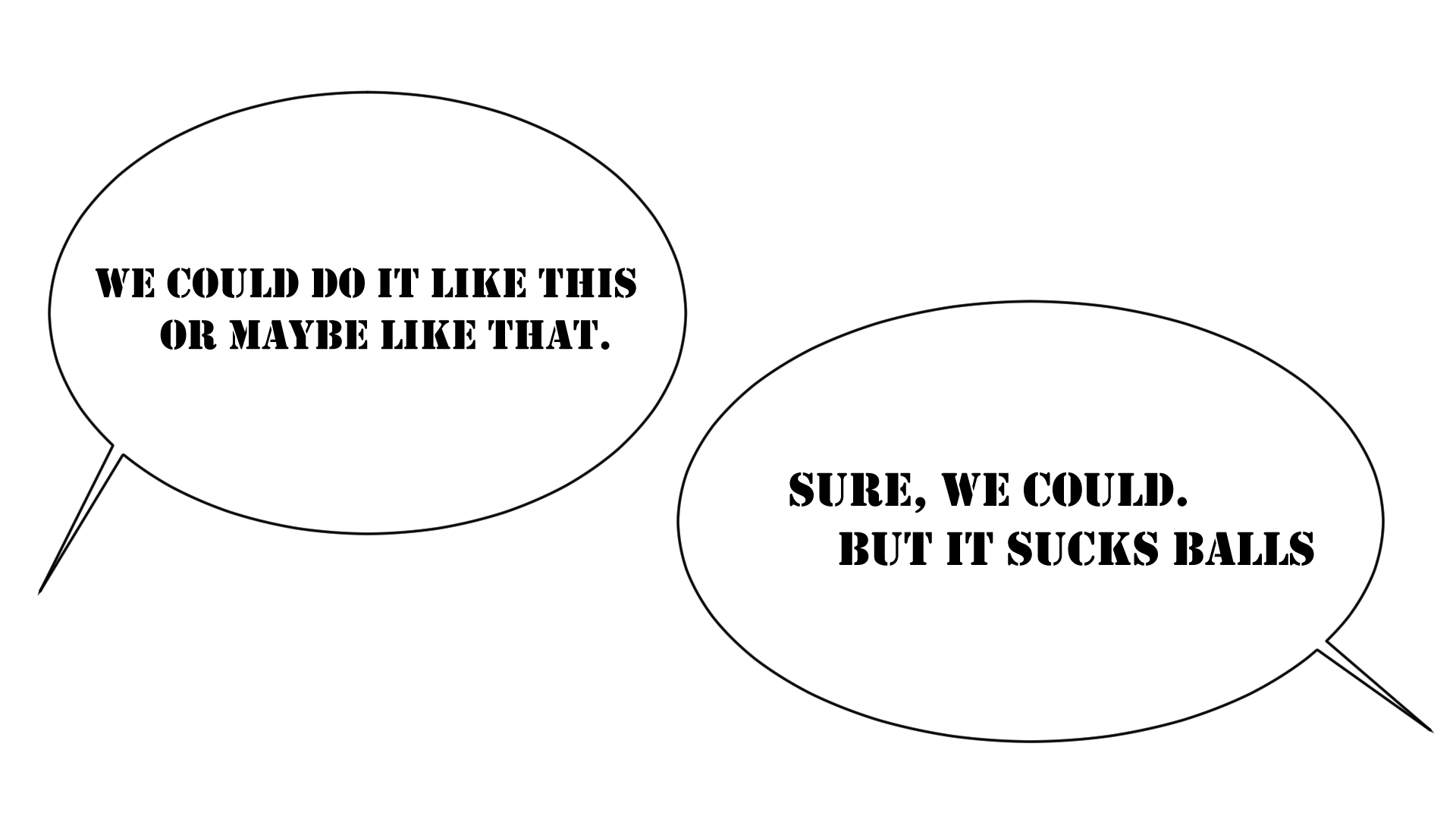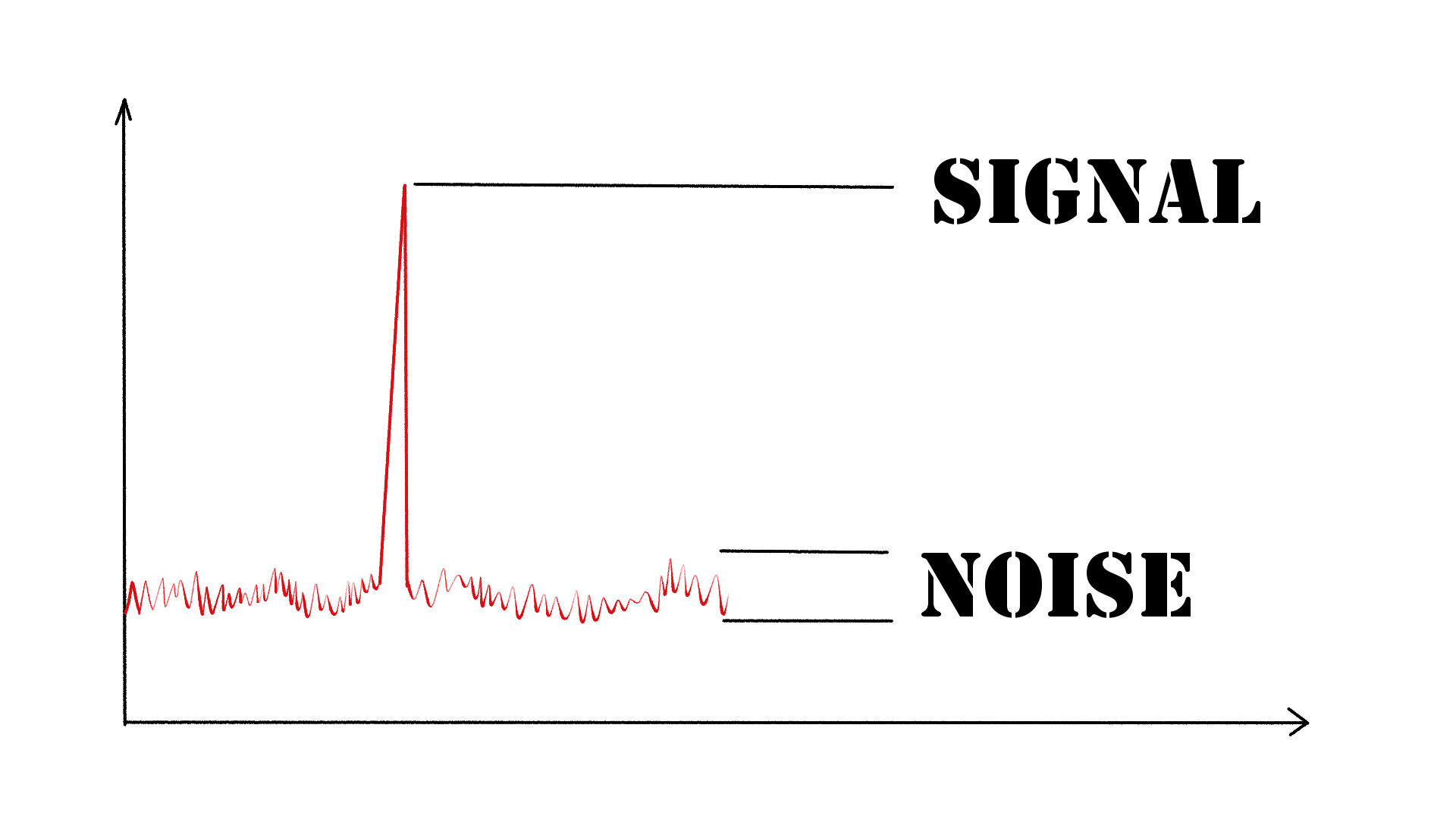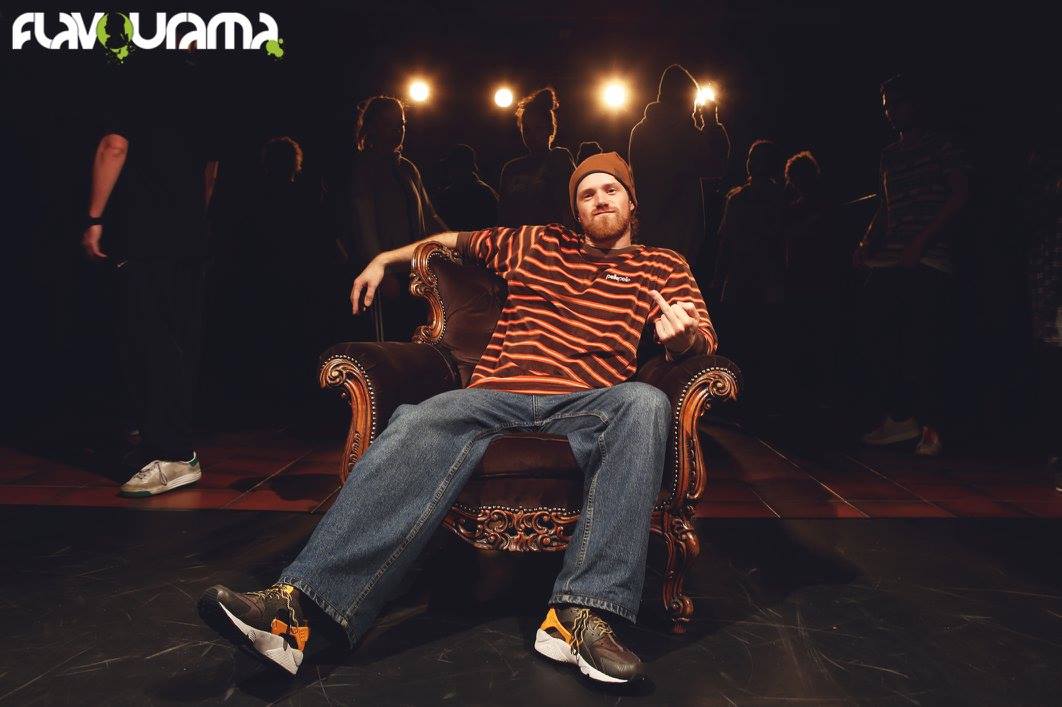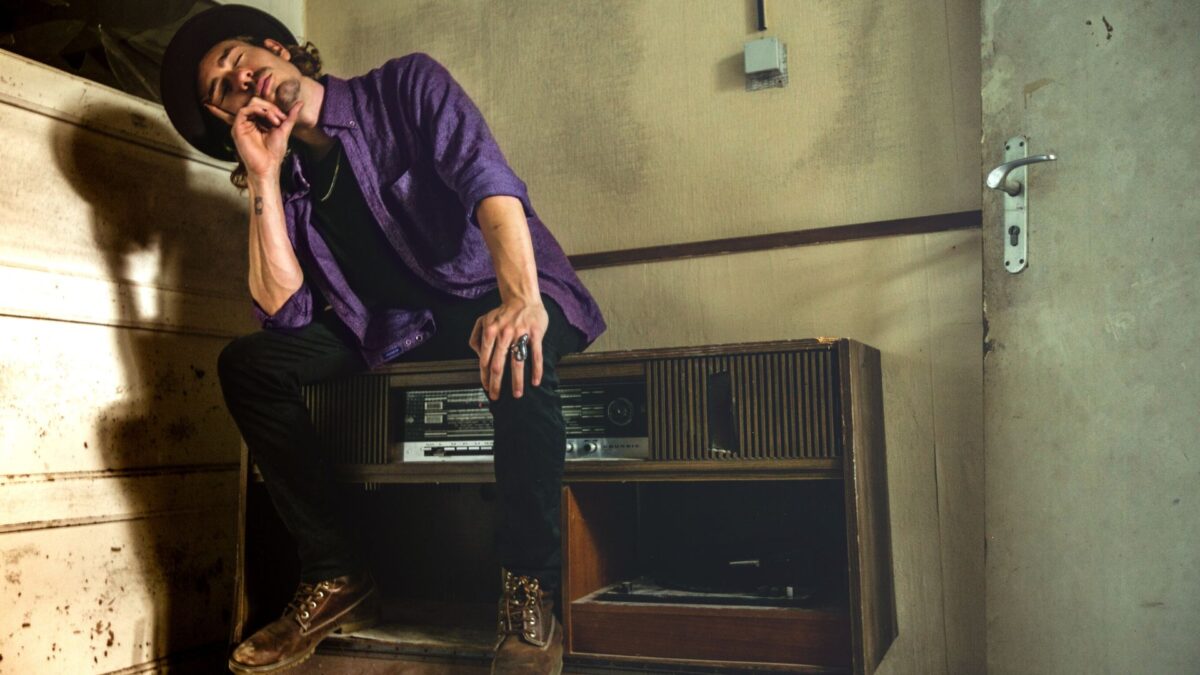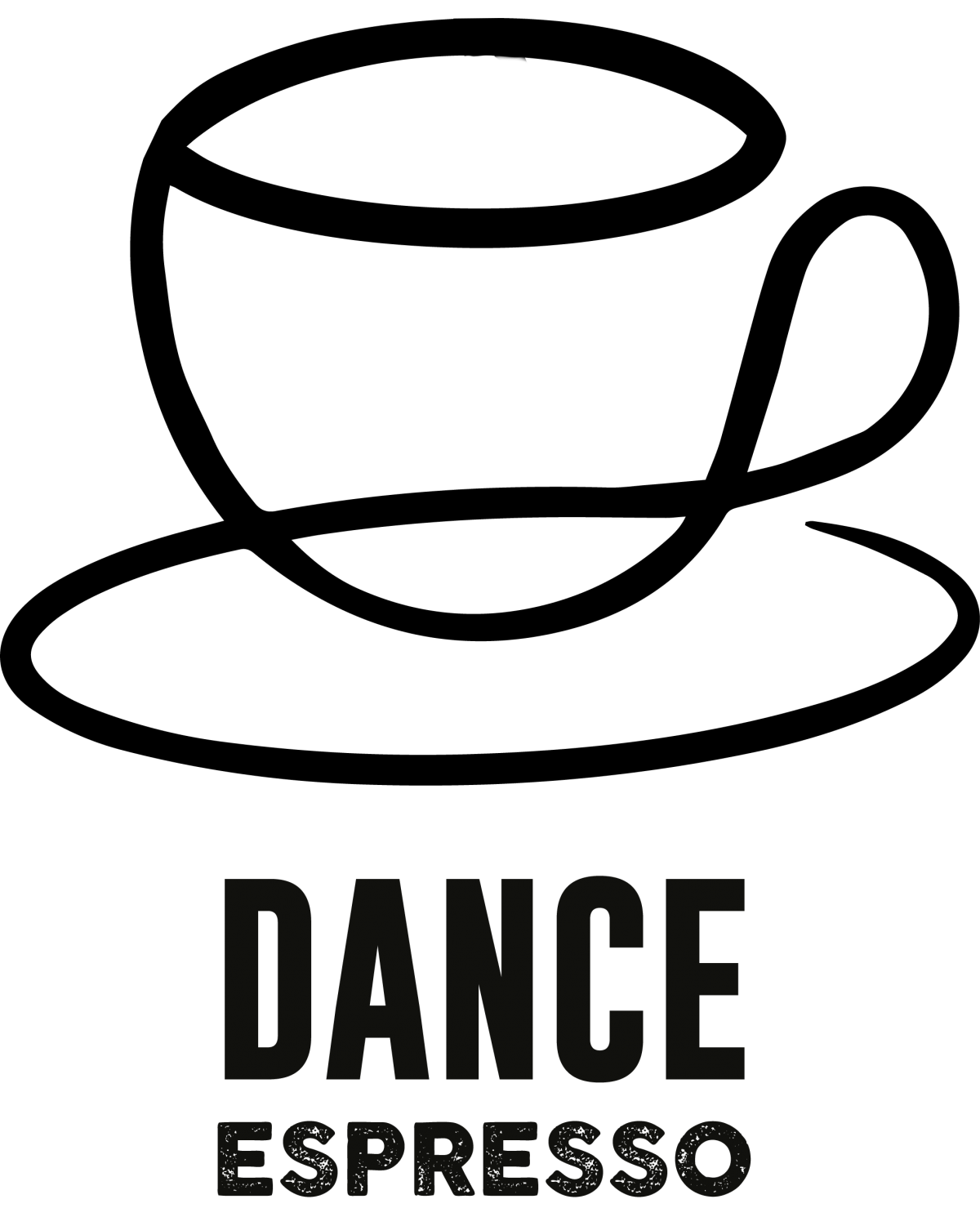When we talk about marketing, one of the things we should be aware of is our Signal/Noise ratio. The metaphor refers to a technical issue from analog radio broadcasts. When you communicate via radio, you have to listen on the same frequency as the sender is broadcasting and vice versa. If you are slightly off the frequency, you hear the broadcast but with a lot of hisses. If you are far away from the frequency you receive either only hiss, aka noise, or another signal (that you are not looking for).
Let’s grab a Dance Espresso over that topic:
In times of social media, we all broadcast continuously with our posts, likes, shares, tweets, and whatever. If we are smart with our marketing strategy, and if we know our goals and artist identity, we aspire to send a lot of signal, while avoiding to add noise. Signal would be everything that aligns with our purposes, the message we want to spread, and the thing we want to be associated with. Noise is everything that has nothing to do with our signal or even distracts from it.
An example: when we want to spread a message about dancing, choreographing, and traveling the world, everything that is about our dancing and seeing exciting places works as a signal. But posting our daily coffee is a distraction, as are videos from our cats. Those two would be adding noise.
Who defines what noise is?
You do. Only you decide what it is that you want to “broadcast” to the world. It’s not essential what you send out if you only have a private channel and want to connect with friends. But as soon as your social media channels are part of your business, defining and sticking to your signal matters. It’s part of your promise to the world.
How much noise is fine?
Again, that is a question that only you can answer. It depends heavily on what strategy you have to connect with your followers. Noise is everywhere on the frequency spectrum, so it might help you to reach people you might not reach without it. But noise also waters down the value of your broadcast for everyone who is looking for your signal. As a rule of thumb: When you want to be perceived as an expert in your field and it is a niche, keep the noise level low. If you want to reach a broad audience, the noise percentage can be higher. If it’s not possible to differentiate between signal and noise, the noise is too high.
When I released my first book Dance Smart, I dived a little bit more into marketing and therefore stumbled upon this topic. While I am did a pretty good job with my Signal/Noise ratio on the blog, my Facebook, Twitter and Instagram Signal/Noise ratios sucked. I gradually improved that over 2020 but I am still not there

